We know that many foods in life have certain benefits for the liver, but in fact, many plant extracts in life also play an important role in protecting the liver. Let's take a look together. What are the plant extracts that protect the liver:
Milk Thistle Extract (Silymarin)
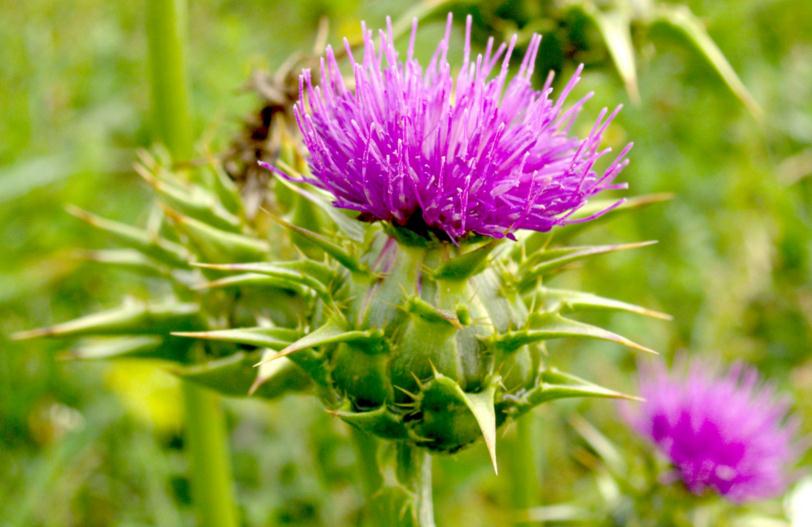
Silymarin is an antioxidant extracted from a plant called Milk Thistle. It stabilizes the hepatocyte membrane, maintains the integrity of liver cells, prevents toxins from penetrating the liver, and accelerates the synthesis of liver cells. DNA can prevent liver cirrhosis, fatty liver, cholangitis, psoriasis and other diseases, and can inhibit the growth and differentiation of liver cancer, prostate cancer, breast cancer, and cervical cancer cells.
Kudzu Extract
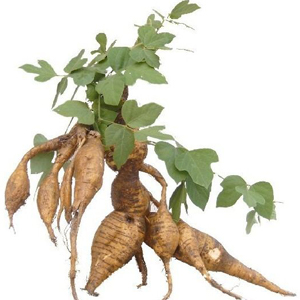
In China and India, howÂever, this and other Pueraria species are valued as diuretics, contraceptives, aphrodisiacs, and treatments for high blood pressure and angina pectoris. Recently, researchers at Jiwaji University in India administered a root extract of the Indian species P. tuberosa to adult male rats exposed to carbon tetrachloride, a chemical known to cause liver toxicity. The extract stabilized the activity of liver enzymes, stimulated regeneration of liver tissue, and made the liver more resistant to damage from carbon tetrachloride toxins.
Curcumin
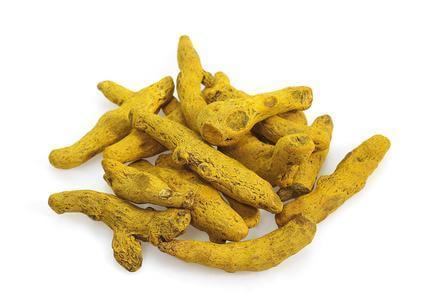
Turmeric is a popular antioxidant-rich herb that is also widely used in cooking. Curcumin has strong anti-inflammatory properties and is often used to help treat heart disease, digestive disorders and control blood sugar levels.
Dandelion extract
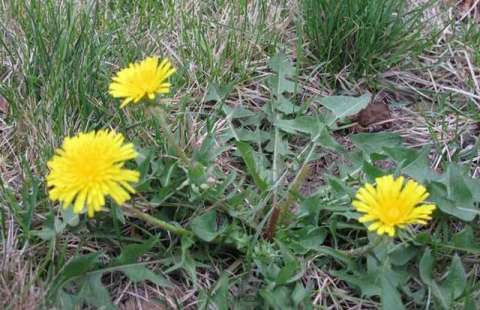
Dandelion is rich in vitamin A, vitamin C, vitamin B2, vitamin B1, vitamin B6, folic acid and potassium, iron, calcium, copper and other nutrients.
Dandelion alcohol, dandelion, choline, organic acids, inulin activity diuretic, laxative, jaundice and gallbladder and other effects. Dandelion root can be used to treat liver disease and gallbladder disease.
Artichoke Extract
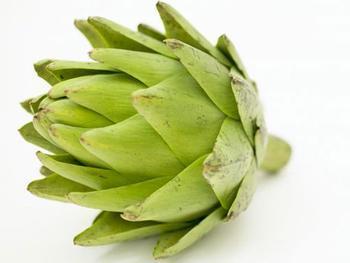
The total sepals and receptacles of artichoke buds can be eaten as vegetables, and the roots can be used as medicines to enhance liver function and diuretic effect. The leaves of artichoke contain quinoa, which can treat chronic hepatitis and lower cholesterol levels.